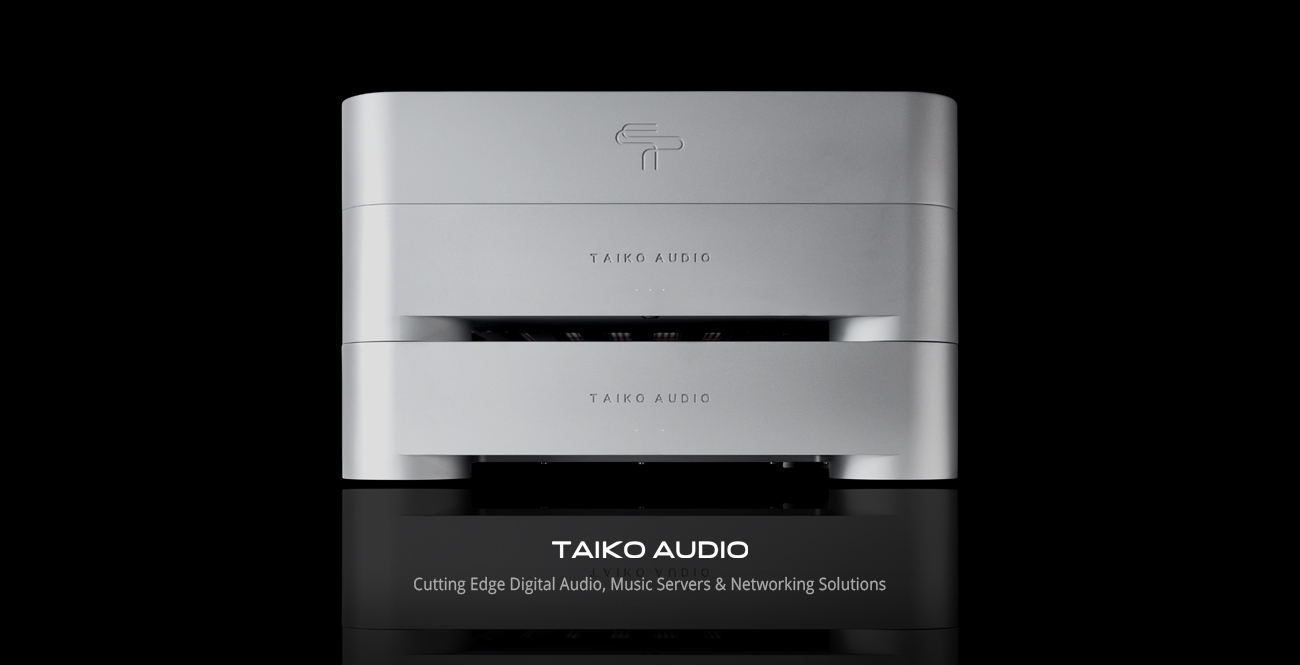I am amazed by this.
With Olympus Server, does this mean the streaming sound is better than the sound stored on the internal 4TB of storage?
Is Taiko Router, Switch, and DCD a must?
Yes and no. I can now elaborate on this topic in more detail as we spend more time running extensive tests on this yesterday.
1) The Olympus bolsters a larger degree of immunity towards network noise / disturbances then the Extreme. Do note that the network card in the Olympus is not the exact same network card as used in the Extreme, it has been adjusted to perform better running off battery power. To get ahead on a follow up question I can foresee coming up next: No this is not an upgrade for the Extreme, the Extremes total system design architecture simply differs.
2) What this accomplishes is that the DCD/Switch/Router no longer significantly impacts
local file playback quality. Sound quality of local file playback is more or less the same whether we run RJ45 directly to the wall outlet connecting to the building main switch.
3) In this scenario, without DCD/Switch/Router, local file playback is significantly better then streaming from Tidal/Qobuz, and/or playback from a NAS.
4) When you add the DCD/Switch/Router, the story changes, this elevates streaming from Qobuz to the same level as local file playback, assuming the same file format, to this end we have purchased and downloaded several albums from Qobuz in a .flac format, in the same resolution as offered by the Qobuz streaming services to ensure as much as we can we're using the same files. Copying these files to a NAS connected to the Router provides more or less identical results. A small exception is streaming from Tidal, for reasons unknown that sounds a bit better then everything else here, that goes for both our 1Gb internet fiber service in Oldenzaal, as for the 100Mbit internet fiber subscription at
@audioquattr . We're aware many prefer the sound of Qobuz, perhaps this varies on a global location scale (
@audioquattr lives about 50km away from here), but admittedly we simply don't know why.
5) Inevitably you may ask what happens if you remove the local storage from the Olympus. Undeniably this does make a small difference, if you are hunting for the last ~2% of ultimate performance, removing local storage and using Tidal/Qobuz/NAS with DCD/Router/Switch as your file source, does ultimately produce the absolute best Sound Quality here.
As a footnote, I would like to add we're not talking changes at the level of changing interconnects/power cords or even components here, with the only exception being streaming without DCD/Router/Switch, that has a very considerable impact. Hence my answer to the specific question:
"Is Taiko Router, Switch, and DCD a must?" would be, only if you want your Tidal/Qobuz streaming to be on par with local file playback, similarly, if you have a very large library, and want to use a NAS with virtually unlimited storage expansion capabilities, at a much lower cost then internal storage, then in our opinion, the DCD/Switch/Router would be a "must" as well.


